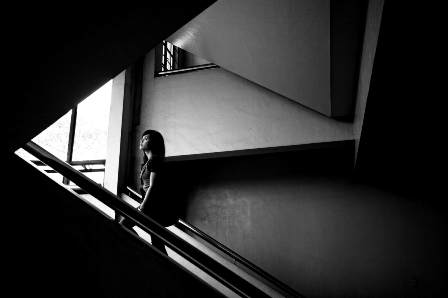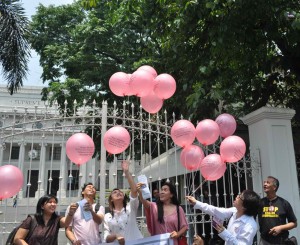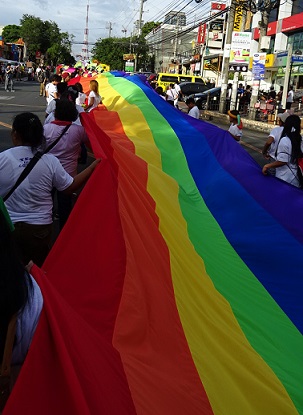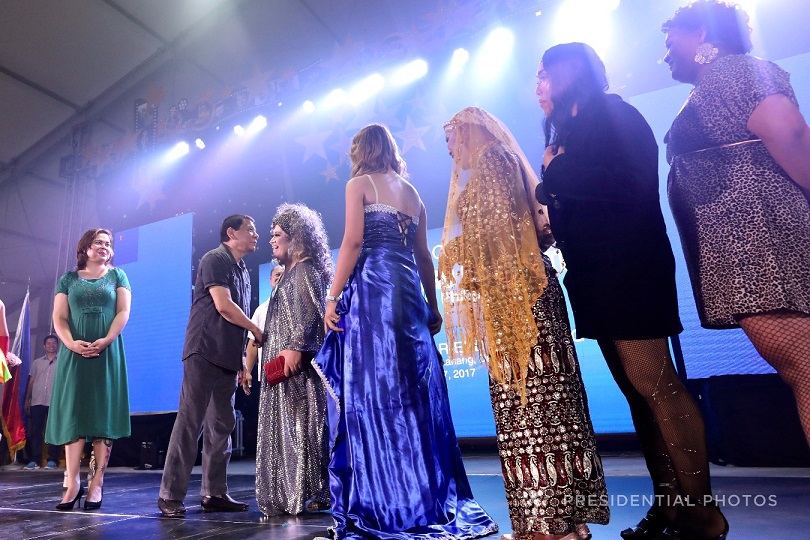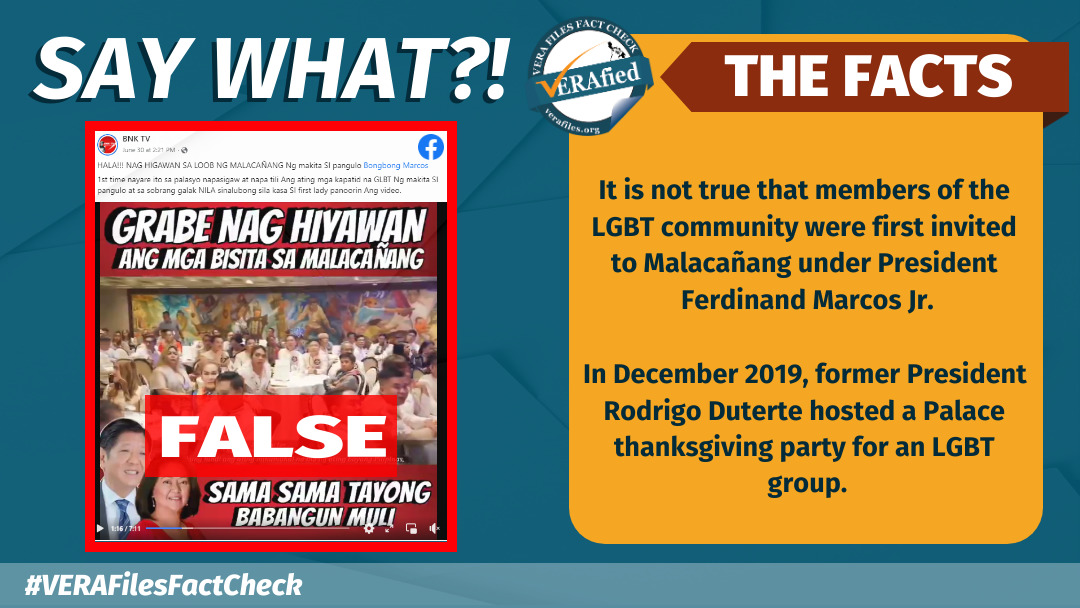By JOSEPH HOLANDES UBALDE
Interaksyon.com
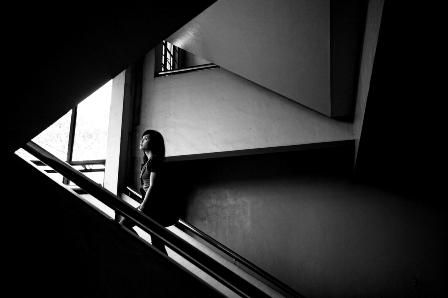
THE number of killings among gays, lesbians, bisexuals and transgendered Filipinos has been on a steady rise, an advocacy group said Monday.
As of June 17, the Philippine LGBT Hate Crime Watch reported 28 killings among the gay community. This nearly equals the 2010 figures, pegged at 29.
“Expanding the timeframe to as early as 1996, a total of 103 have been killed,” the group said.
Of the 103 cases that the group categorized under hate crimes, 61 are gay men, 26 are transgendered, 12 are lesbians and four are bisexuals.
Mindanao is the most dangerous region for lesbians with six out of 12 being brutally killed. Most of the victims are between the ages of 25 and 44. Of the six killed in Mindanao, two were shot; two others were stabbed; one was killed with a blunt object; while another died of unknown cases.
Meanwhile, the Greater Manila Area is the deadliest for gays, bisexuals and transgendered with a total of 42 deaths. Based on recent figures, 28 of those killed were gays, 12 were transgendered, while two were bisexuals. Most of the victims died from multiple stab wounds.
The figures came from sourced news and personal accounts sent to the group through E-mail and Facebook. Marlon Toledo Lacsamana and Reighben Labilles, the group’s coalition coordinators, admit that the data still need to be crosschecked with police records. But the two are having difficulty verifying the “staggering” data because the victims’ relatives are often unwilling to cooperate.
“Homophobia and transphobia (negative attitudes against transexualism) present among most of the victims’ families also made it impossible to procure sworn statements, narratives which would have expounded on the situations surrounding each murder,” the group said.
Lacsama, who founded the group after two of his gay friends were brutally killed in 2009, said the victims’ relatives would rather have the police tag the incident as “mere robbery” than an overt attack on homosexuals. The victims’ family also feel stigmatized when the media sensationalize such crimes.
“They feel ashamed that their loved one is gay,” he added. “They often decide not to pursue the case anymore especially when the tabloids sensationalize the crime in the headlines.”
With these obstacles in sight, Lacsama said the figures they have were just a “tip of the iceberg.”
“Just imagine those that are unreported or are just categorized as mere robberies,” he told InterAksyon.
The group is reaching out to the Commission on Human Rights (CHR) and the Philippine National Police to help them verify each of the reported cases and to help identify other victims of hate crimes.
While the group attests that a more thorough analysis of the reported cases is needed to verify that these are indeed prejudiced or hate crimes, they consider the killed individuals as victims of hate crimes because they are members of a minority group.
“At this point, we’re not sure if these are hate crimes,” Lacsamana said. “But we are sure that there are dead people who are victims from the LGBT community.”
For their part, the CHR welcomes the study from the Hate Crime Watch and invited them to send their study to them.
“It’s a cause of concern for the CHR,” said lawyer Chris Ocampo, CHR executive assistant. “ The CHR is already attending various fora on LGBT rights with these reported cases.”
Earlier this month, actor-director Ricky Rivero was stabbed in his apartment by Hans Ivan Ruiz, a friend he met through online social networking site Facebook. Rivero sustained 17 stab wounds but survived the attack. In a recent interview, Rivero admitted that he had sexual relations with Ruiz, whose girlfriend is said to be pregnant.
Rivero allegedly woke up being stabbed by Ruiz who was in a state of rage, while doing it. It was just the fourth time that Rivero allowed Ruiz to sleep over at his apartment.
‘We feel like sitting ducks’
With the spate of crimes committed against the LGBT community, Lacsamana said they can’t help but live in fear.
“We feel like sitting ducks,” he said. “We aren’t sure who will attack us next.”
In 2009, following the tragic deaths of his friends—one was killed in March, the other in August—Lacsamana, a librarian by profession, started collecting reports and archival data on hate crimes. With the help of Labilles, he is now bent on calling the attention of the government regarding hate crimes.
Lacsamana, who is also openly gay, said there is a need for legislation protecting the LGBT community from these brutal crimes. Based on the group’s study, victims of hate crimes endure gruesome deaths like being stabbed multiple times, raped, tortured, suffocated, dismembered or being burned alive.
Labilles is calling for Congress to investigate these crimes and to make people more aware of the LGBT community’s vulnerability to such attacks.
Currently, the Anti-Discrimination Act of 2010 or House Bill 1483, filed by Rep. Teddy Casino of Bayan Muna, remains pending in Congress. The proposed law seeks to protect LGBTs against unlawful discrimination in employment, education, health services, public service, commercial and medical establishments including protection from police and military harassment.
Without a law in the country that explicitly deals with hate crimes, most killings involving the LGBTs are reported as murders or homicides.
